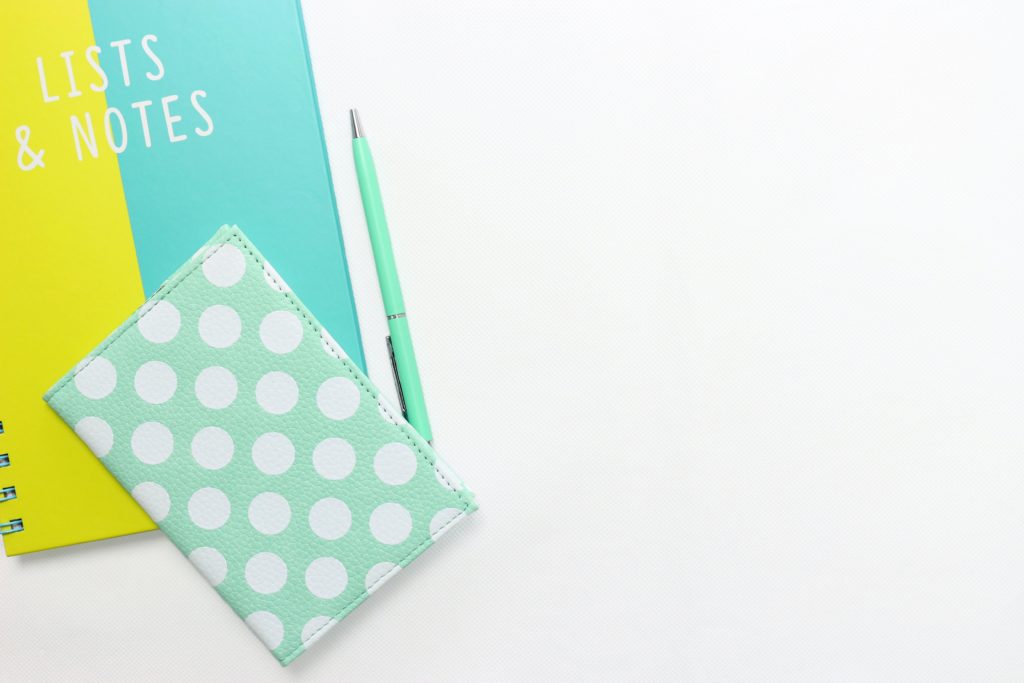
Job interviews never get easy. You meet new people with each work interview and seek to sell your skills. The process of interviewing makes you understand what you know, and what you do not. Each time, though, you need to stay optimistic and positive during an interview.
Note, the interview is not an exam and you don’t need to brace yourself for hours rather than just due diligence in studying the company. Understand the job description correctly, and make sure you comply with the description with your previous experiences. Here are a few steps to ace the big interview.
Do Your Research

One of the most important steps will be to study the firm for which you are applying. Before you get in, sit down and research them online.
Don’t forget to evaluate their profiles on other social media platforms along with their website. This will give you insights into what’s going on in the company, plus it might help you understand how their organization operates.
List your related skills for the job description

It’s time to make a list of items you’ll be bringing to the table after all that research. Your skills should be strictly applicable to the position for which you are applying. Highlight the essential sections after reading the work description and jolt them out done on a file. Write parts of your CV or past experiences, which are important to each point, before each point.
Show your boss how you can be a successful addition to your team. Additionally, it will reassure the boss that you are a team player. Prepare these points and regularly read them, so that during the interview you can provide them with specific examples.
The first impression is your clothes

The idea is to dress for the job you want and not the you have. In certain cases presenting yourself before others matters.
Do not turn up with flip flops and messy hair in jeans and t-shirts, even though they have mentioned relaxed surroundings. Put some work into picking your final look on the big day. For men it’s appropriate to have a nice pair of slacks, button-down shirts and blazer with office pants. A nice power-suit or business-style dress for women, with a jacket that goes with it.
Don’t overdress, on the other hand. Don’t dress up in a blunted gown or tux at night. You have to find the sweet spot in the midst of both. Make sure you ‘re well-groomed, clean your hair and your teeth, and don’t overuse cologne.
Prepare your mind for provoking questions

Hiring managers will quickly be overlooked if you don’t put a solid question. Not preparing questions beforehand shows either you have not been prepared or you have no interest in the position.
It’s pretty straightforward to come up with questions after your due diligence that you may like the business to answer. The questions will inspire reflection, showing you’ve done your homework.
It also allows you to clear up any misunderstandings or confusions about the company and the place. Some of the interesting questions include:
- What qualifications do you seek in a candidate on this role?
This shows to the interviewer that you are interested in the job and curious to know if you are the best person for that job. It will also give you an idea about the interviewer ‘s desires, and whether or not you covered them all up. - How does the company support the growth of employees?
The interviewer will gather from that question that you are enthusiastic and inspired to learn new things. They ‘re going to see you as an opportunity to sell the company. - What is the structure of the team and whom will I report to?
This question shows you are interested in the people for / with whom you would work.
Waking up early on the morning of interview

It is no different telling anyone on the morning of their interview to wake up extra early. Hit the gym or go for a run if you have time, and get those blood flowing. It calms you down and gives a boost to your confidence.
Do the things you will get in a good mood. Once you leave for the interview, prepare yourself a nutritious breakfast and give yourself enough time to sit down and enjoy it. We understand it’s common to be nervous before the interview and sometimes it gets more hard to digest anything down your throat.
But we highly recommend that you try a good meal. A small bowl of cereal, some fruit and some coffee or tea are sufficient.
Make a friendly chat with someone about something other than the interview before you head over for your interview. It’ll help you loosen up a bit.
Stay Calm

Try calming your nerves by not obsessing too much about it before the interview. With all the wonderful planning you’ve made in the last couple of days, there’s not much you can do at the last minute, it’ll just make you anxious.
During the interview, it’s normal to get nervous and your employers expect you to be. Here are just a few tips to help you calm your nerves:
- Smile, and shake hands firmly.
- A short icebreaker question, like, “How’s your day going?”. At an informal level, this is getting things going.
- Think about your posture, and make sure you sit straight up and don’t fidget. Try not to sit too rigid, or you’re going to look and feel uncomfortable.
- Think before answering any question. Think back to the notes you’ve made, and then offer the answer as best you can.
Answer Carefully and Concisely
The standard interview starts with a clear and general question such as “Tell us a about yourself.” The question means you ‘re describing why you’re an perfect candidate for this role. Items like your degree, previous experiences, any accredited courses, and why this profession went, should be enough. Hold it quick.
These questions are just to know your background and previous experiences, don’t take them too casually because the first impressions are hugely important.
Handle tough questions with Confidence
After a warm-up question, interviewers will gradually increase the level of difficulty. If a difficult question arises, there is no hard and fast rule as to how to deal with it. Here are a few tips for answering these types of questions:
- Answer straight to them.
- Give a straightforward explanation if you can, with examples.
- Explain how important your current skills are for the job.
- While discussing your strengths, mention that you are willing on learning new things and improving your role.
- It’s all right to say “NO”. If there is something you haven’t experienced before in the job description, just politely decline. You can simply say, “Unfortunately I haven’t had the chance to work with it yet. But I always have an open mind for learning.
Thank Your Interviewer For Their Time

A follow-up email to the interviewer is one thing you can do to stand out. Write an e-mail to thank them for their time. This will keep you in the minds of hiring managers for a long time to come.
Good Luck!
Disclaimer
The content provided in this blog is for informational purposes only. The owner of this blog makes no representations as to the accuracy or the completeness of any information of this site or found by following any link on this site. The owner will not be liable for any errors or omissions in this information nor for the availability of this information. The owner will not be liable for any losses, injuries or any damages from the display or use of this information.



